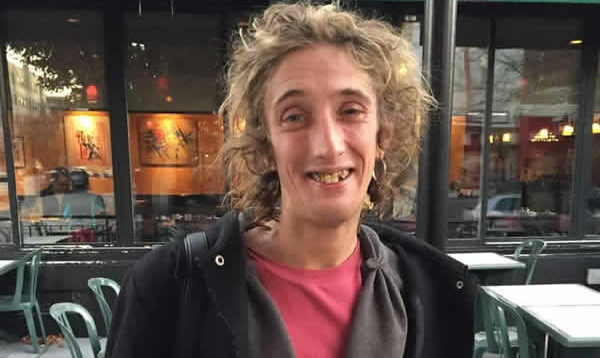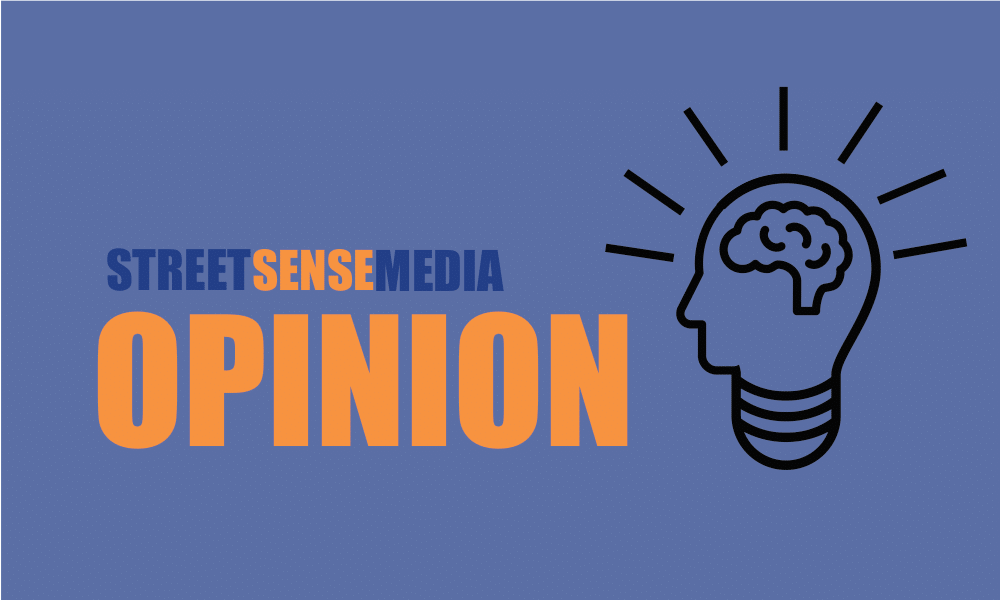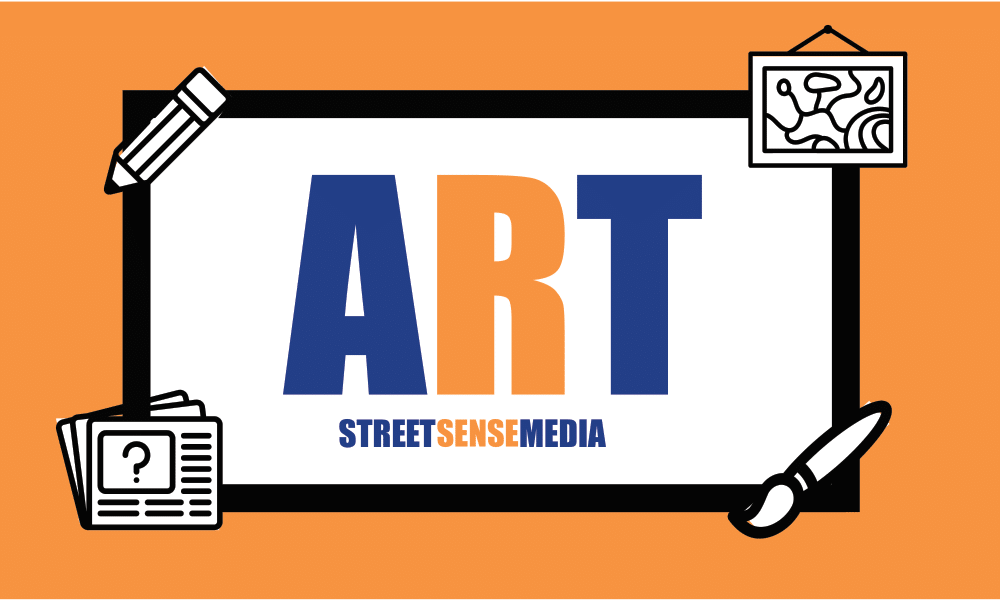When I have a problem
I’m all by myself.
All my “friends”
put knives in my back.
I live in a lonely world,
just trying to survive.
These are the opening lines in the poem “This is My Life” by Alice, a transgender woman whose life ended way too soon at the age of 35 on the streets of D.C.
“Last night, the gay heavens welcomed another angel,” wrote Dito Sevilla, a friend of Alice — or Baby Alice as she was known — shortly after her death on Dec. 18. “A more harmless and innocent soul has never shared our streets; she’ll be missed terribly.”
As much as I wish the death of a young transgender person is unique, unfortunately, it is not.
Baby Alice is another beautiful soul we’ve lost too early. Her life and death illustrate many of the societal problems that the transgender and non-binary communities face. Alice struggled with homelessness. She suffered from mental illness and substance issues. Some claim she was kicked out of her parents’ home because of her gender identity. Her family disputes this.
It is a very similar experience to what we know about many transgender youth who are thrown on the streets and disregarded by their own families simply for being themselves. Around one in four teens are forced into homelessness when they come out, which requires hem to make drastic decisions merely to survive. More than half of these teens turn to drugs and alcohol, perhaps to cope with the loss of family, and the loss of safety and security. Study after study has found that overall drug use is high among homeless youth, with one survey finding that 61% reported using drugs and 32% reported using alcohol. These startling statistics are up to three times the average for teens who have a stable home.
Tragically, there are too many Alices out there: young transgender women struggling to be accepted, seen, safe, and supported. The growing list of transgender people lost to violence, hate, discrimination, and despair is a heartbreaking reminder of the urgency of this cause.
No matter who you are, each of us has the power to honor Alice’s life and help prevent these deaths.
The first step to making a positive impact in a transgender person’s life is to affirm them. You don’t have to understand everything — or anything — about being transgender to embrace your loved ones. Understand that those of us, like Alice, who are assigned this divine task of gender exploration and expression just want to be loved and accepted for who we are. Rather than condemn and sit in judgement, listen and seek understanding. For many of us, love and respect is all that we are searching for.
While love and acceptance form a foundation, we also need action. To save lives, we must fight against oppression and injustice. Homelessness is unjust. That anyone is forced to forgo mental or physical health care is unjust. Injustice after injustice, some big and some seemingly small, conspire to make it even more difficult to climb out of hardship.
In 2019, 117 homeless people died in Washington, D.C.; many died due to extreme weather conditions, others from natural causes. There are literally dozens of shelters and services for the homeless in metro D.C., including homeless shelters and transitional housing. Yet even with so many options for help, people like Alice, many of them transgender and non-binary, are still dying on our streets.
According to Ruby Corado, the founder of Casa Ruby, a D.C. resource center that helps house and support mostly LGBTQ youth, Baby Alice would occasionally come to Casa Ruby for services, support, food, a shower and clothes. There are simply not enough organizations like Casa Ruby, places that offer an affirming and safe place for transgender and non-binary people.
There are many barriers that keep transgender and non-binary people from accessing the services that are needed to escape the streets. Some organizations will only house transgender and non-binary people based on the sex they were assigned at birth. There are spaces for women that may not allow trans women because they lack correct identity documents. And the Trump-Pence administration is continually rolling back protections for transgender people — including access to affirming health care and housing based on their gender identity.
We need laws and policies to change. We need people across the country to call their senators and representatives and urge them to support passage of the Equality Act to ensure clear protections from discrimination throughout our country. We need more programs to support us in our most vulnerable moments. We need those with time or treasure to contribute what they can to support the work of organizations like Casa Ruby.
We cannot bring Baby Alice back. All we can do is ensure that more transgender and non-binary people have access to a job, stable housing and everything needed to prosper in society. Maybe then, we won’t be forced to grieve so many friends and neighbors.
Tori Cooper is the Director of Community Engagement for the Human Rights Campaign
Foundation. You can follow her on Twitter @MsToriCooper1.








